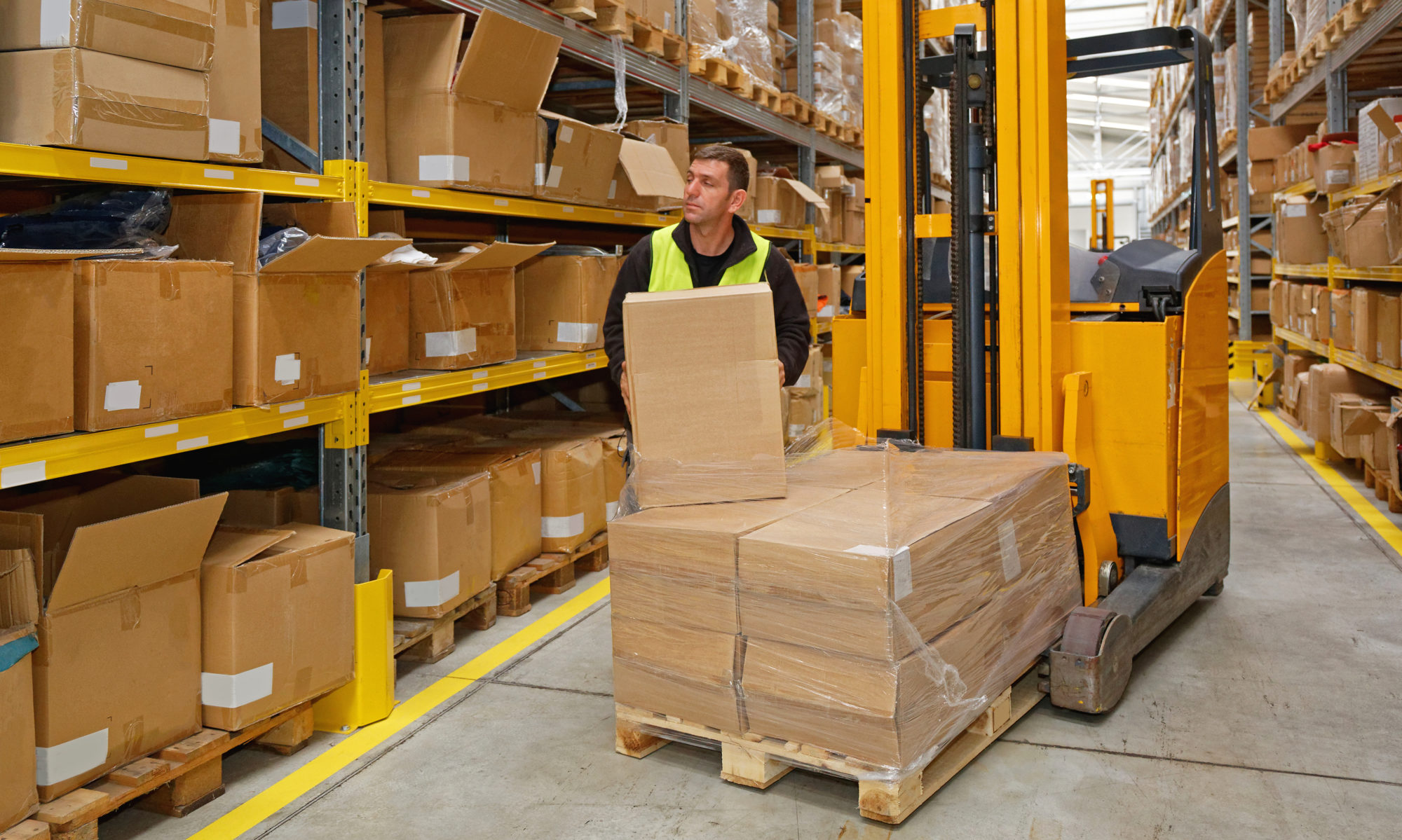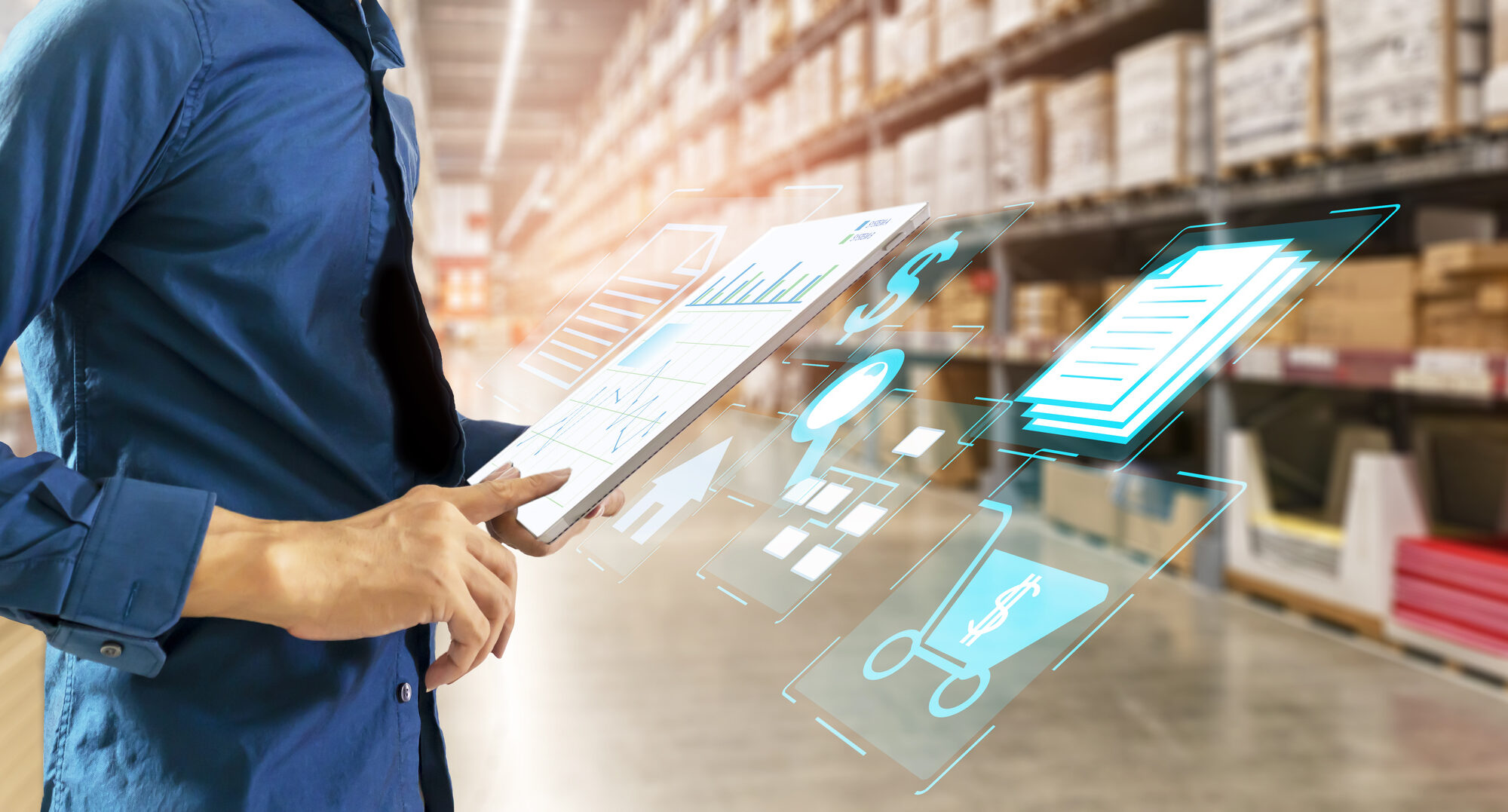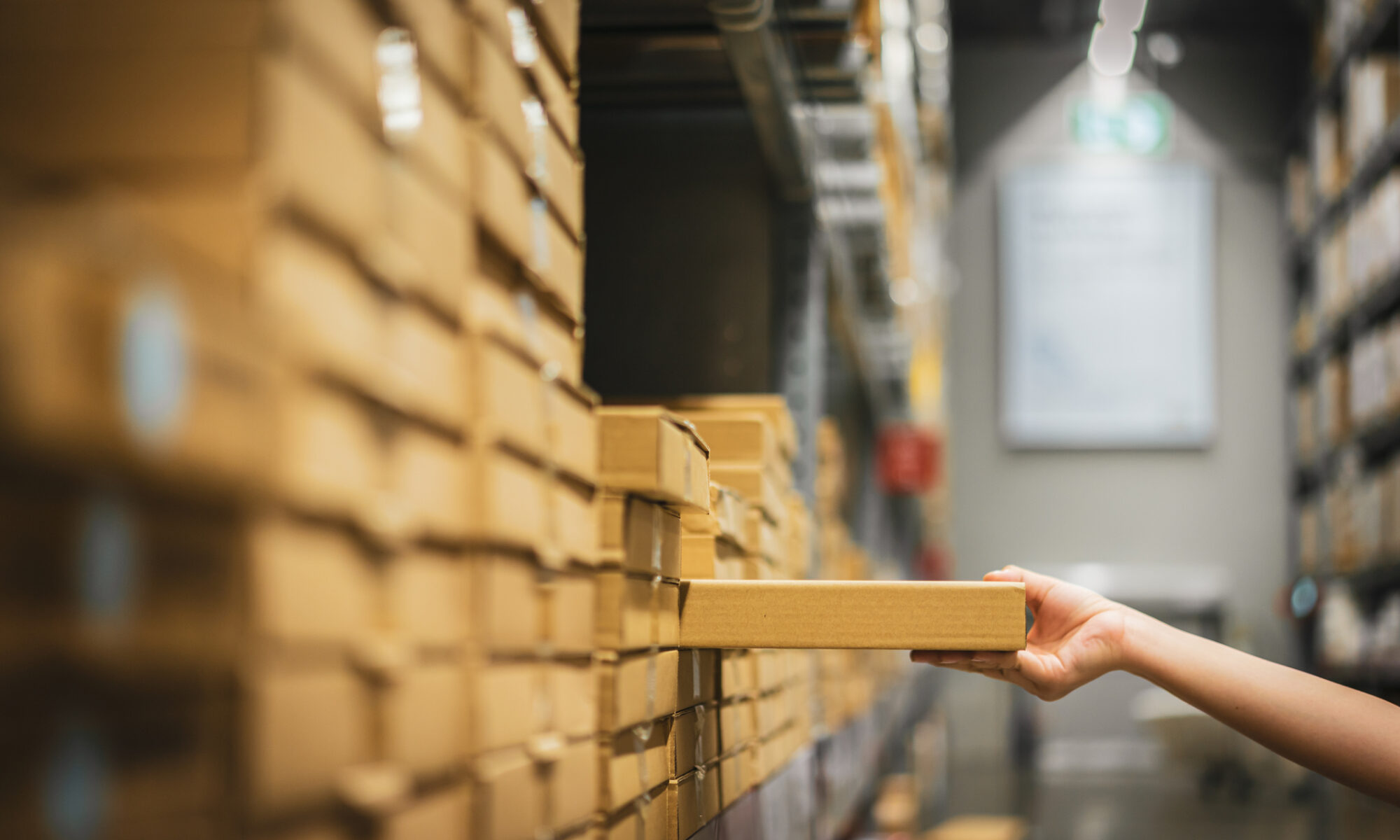With Ecommerce startups, the automatic inclination is to keep costs down by doing everything in-house. In reality, your fledgling business can benefit from teaming up with experienced companies that provide crucial functions. Consider these valuable advantages that are gained by partnering with third party logistics providers.
1. Cost Savings
It may sound counterintuitive that hiring a 3PL can actually save money. But as with any good investment, the initial investment pays off over time.
- Thanks to their volume of business, third party logistics providers have significant clout when it comes to negotiating prices with shippers.
- Operating a warehouse, especially when you’re unsure about what you need, is an expensive proposition. A 3PL offers an economical alternative by charging you only for the space you use.
2. Inventory Management
You dream of a rapid increase in orders, but maintaining an efficient inventory flow can be a real nightmare. A first-rate 3PL incorporates barcodes, scanners, and other high-tech tools for accurate inventory tracking.
3. Customer Service
It takes only one unsatisfactory experience to lose a customer forever. The staff at a 3PL can reliably create a superior customer experience, from processing the order to handling returns.
4. Scalability
Avoid growing pains by partnering with a 3PL that can accommodate your needs, including seasonal fluctuations, as your business develops. You also gain more time to work on new products and improvements without impacting fulfillment of current orders.
5. Technology and Metrics
How do you know if you’re meeting your goals, or you need a course correction? 3PLs use sophisticated software that tracks advanced metrics, such as order revenues and sales by channel, in real time.
Your Success Is Our Success
At Medallion Fulfillment & Logistics, our number one goal is to help you succeed. Contact us to learn more.





